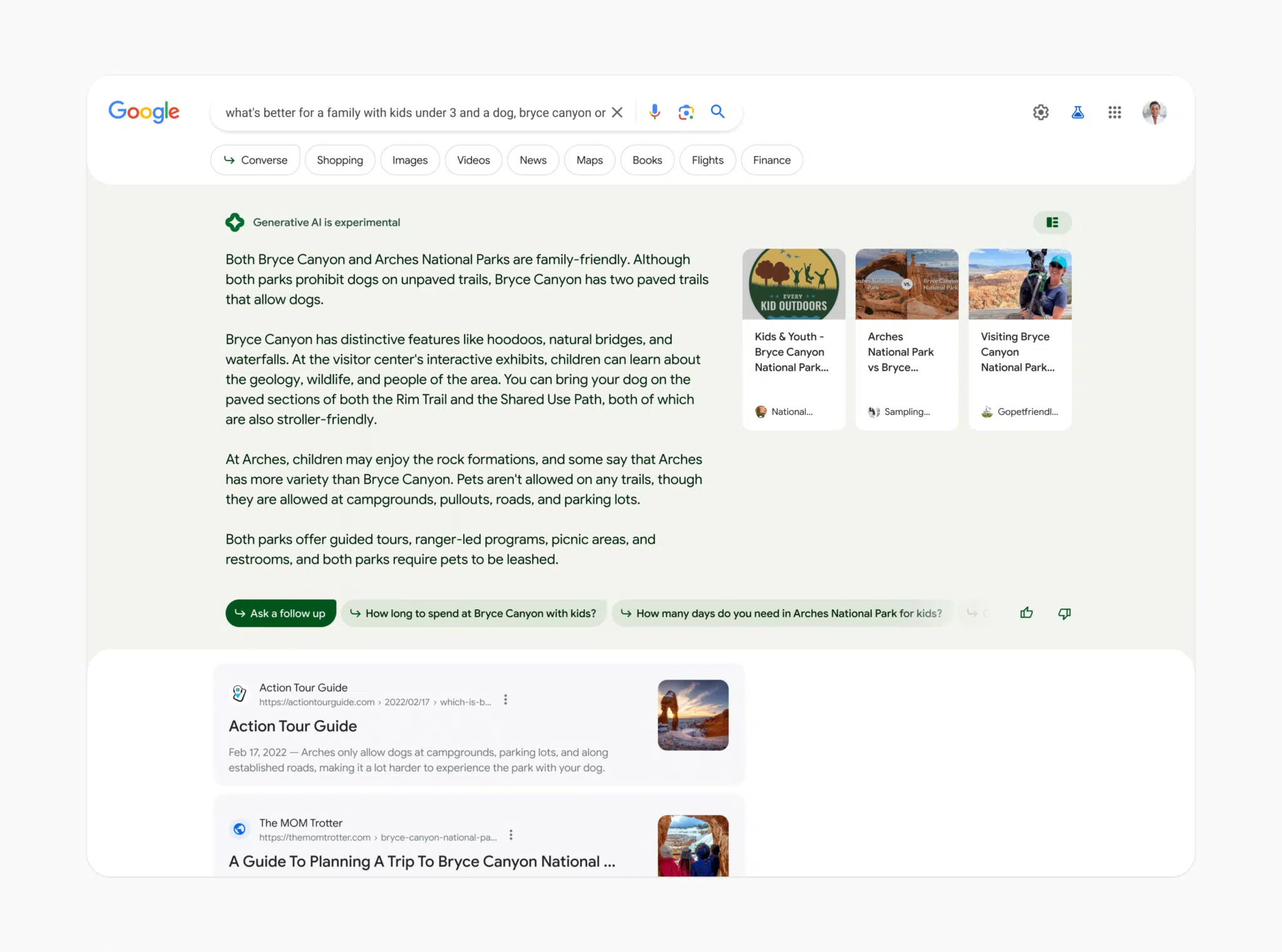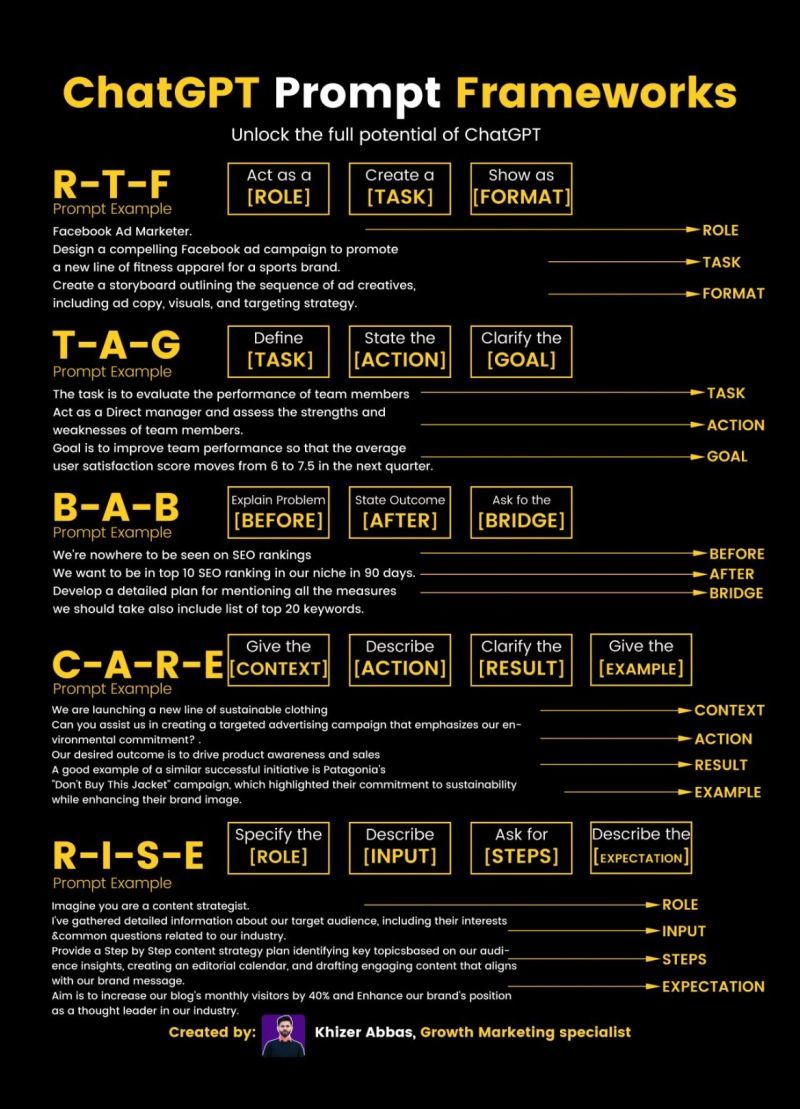Speaker: Azhar Katib

Azhar Katib, the founder of the online presence management business WebSell Solutions Pte Ltd, Azhar Katib is also an adult educator and digital marketing expert. Through data analytics, search marketing, and conversion-focused websites, he assists small and medium-sized enterprises (SMEs) in Singapore and Malaysia in expanding their online presence. As an adjunct trainer at many CET institutions, he serves as a mentor and educator to students pursuing degrees in online analytics, digital marketing, and web design. He has worked in the fields of information technology and digitalization for more than 28 years, spanning the Middle East, Europe, and Asia. In addition to his Master’s in Education and Bachelor’s in Engineering, he has several certifications in marketing and information technology.
AI of Search Engine (Google)
Google’s AI ecosystem, which Gemini pioneered, is reshaping user experiences across all of its products. Artificial intelligence (AI) is everywhere, from the generative content in Google Photos to the sorting and advertising in email. As Justin Burr explains in his article “9 ways we use AI in our products,” Google uses AI for a variety of purposes, including translation, picture and speech recognition, and more. Reading up on the latest developments is essential, and publications like “The AI Handbook” and “Think with Google” can help with that. This comprehensive strategy exemplifies Google’s dedication to using AI to improve ease, efficiency, and customization for people all around the globe.
Algorithms in Google
With the introduction of RankBrain in 2015, Google’s search capabilities underwent a dramatic transformation. Learning from user behaviour, this machine learning system improved its understanding of search intent and refined results after first processing 15% of searches. This paved the way for upcoming developments.
In 2018, Google introduced Neural Matching, which improved query interpretation even more. Since this model was aware of the context and meaning behind the keywords, it produced more pertinent results.
Bidirectional Encoder Representations from Transformers, or BERT, debuted the same year, adding to our knowledge of natural language. The nuanced meaning of complicated questions may be better understood by BERT since it examines the complete context of a statement, including word order and connections.
But that wasn’t all the search could do. Enter MUM (Multitask Unified Model), which came out in 2021 and could handle complicated questions with multimodal inputs including photos, voice, and text. Imagine yourself looking for clothing online with an image of a certain ensemble, but requesting a different shade. By translating between images and text, MUM can grasp your meaning and provide accurate results.
This improvement exemplifies Google’s ongoing commitment to user intelligence. These developments, such as RankBrain’s early learning and MUM’s multimodal understanding, help to blur the boundaries between words and information, making for a more natural and useful search experience. No matter how you phrase your query, Google’s search comprehension will surely keep pushing the envelope as technology advances, providing more refined methods to discover what you’re seeking.
AI by Search Engine

Find more statistics at Statista
Search Generative Experience (SGE)
Picture this: when you do a search, you receive more than just links. By providing results that are pertinent to your question, SGE hopes to revolutionise the experience with the use of artificial intelligence. Stop reading headlines and start having a conversation with personalised follow-ups.
Get out of all those superfluous details. By intelligently selecting relevant content and presenting it in an AI-generated snippet, SGE helps users discover more about topics that pique their interest. Whatever your motivation—research, shopping, or pure curiosity—SGE tailors the experience to you by learning your tastes and requirements before you even ask, bringing to light features and facts about products that are relevant to you. It shows how search will work in the future, when your curiosity and AI’s knowledge drive the natural flow of information. Then, follow SGE’s example and discuss your way to solutions.
Search Engine Generators (SEGs) are constantly improving, and as a result, zero-click searches are becoming more common as consumers discover answers inside search results. As a result of this trend, organic listings might see a 30% drop in traffic as SEGs focus on providing instant responses. This leads to less informative organic traffic, which in turn reduces the number of visitors at the top of the funnel. Businesses must adjust their SEO tactics to take advantage of this change and optimise for highlighted snippets and other features that increase exposure in SEGs. Successfully capturing user involvement in the face of changing search behaviour requires constant adaptation to these changes.
Thus, the next trend in SEO is Generative Engine Optimization (GEO). As an alternative to conventional search engines like Google, the novel idea of GEO suggests tailoring material to generative search engines. By combining data from several sources, these generative engines hope to deduce your purpose and deliver detailed, tailored responses. To optimise for this, you can’t employ the same keyword-focused tactics utilised in conventional SEO.

Tips for optimising for the AI overview box
- Optimise for featured snippets
- Focus on unique content
- Excellent on-page SEO
- Invest in variety of resources
- Monitor the latest development
SEO with Google SGE
- Focus : user intent and experience
- Strategy: holistic content and UX optimisation
- Dynamic: personalised result
AI for SEO
AI is transforming operations with unprecedented efficiency, making it the unsung hero of SEO tactics. Freeing up time for strategic pursuits, AI quickly sifts through massive data sets, finds hidden keyword nuggets, and suggests related subjects. In addition, it analyses user behaviours and preferences to create content that is focused on them, which increases audience happiness and resonance. As a data-driven ally, AI effortlessly optimises webpages through schema markup and technical audits, revealing patterns and offering upgrades. This mutually beneficial partnership between human knowledge and AI power drives SEO to new heights, guaranteeing a smooth user experience and increased customer satisfaction.
TO make most of the Generative AI / Chat GPT, learn
- prompt engineering: clear and concise, creative prompting
- iterative refinement / refine the output
- proofreading and editing
- tool limitations (content is not accurate / hallucination / not up-to-date) and biases
- ChatGPT is not your replacement; it’s your smart assistant

Hands-on Session/Demo Session
Case Study: Assume you are required to write a blog post for your customer. Your customer is an air conditioning service company.
- Keyword search
You are a homeowner in Singapore. Suggest a list of search queries you would google for aircon servicing. Organise the list by search intent and present as a table.
- Topic creation
Suggest 5 click-worthy SEO optimised blog post titles for the keywords “ aircon leaking water fix Singapore”.
- SEO outline
Create a SEO outline for title number 5. Add LSI (Latent Sematic Indexing) and NLP (Natural Language Processing) keywords. Include a page title and meta description.
- Content creation
That’s good. Write content for sections 1 and 2 of less than 300 words. Include a stat in the introduction
- Image creation
Create a featured image for this blog post
Conclusion
During the sharing session, we had our eyes opened to the latest tech trend and how we can utilise some free AI tools in SEO / GEO. The speaker is using ChatGPT 4 for demonstration. that make me wonder if I should further research local LLMs or paid chat GPTs. We really learned a lot during his sharing session.

Follow me at Facebook | Twitter | Instagram | Google+ | Linkedin
Ler Travel Diary is using Server Freak Web Hosting and Slack Social.
To be a smart saver, check out ShopBack for more information.
Enjoy SGD5 discount voucher on KLOOK by using promo code 53E7UD
Need discount for Quillbot